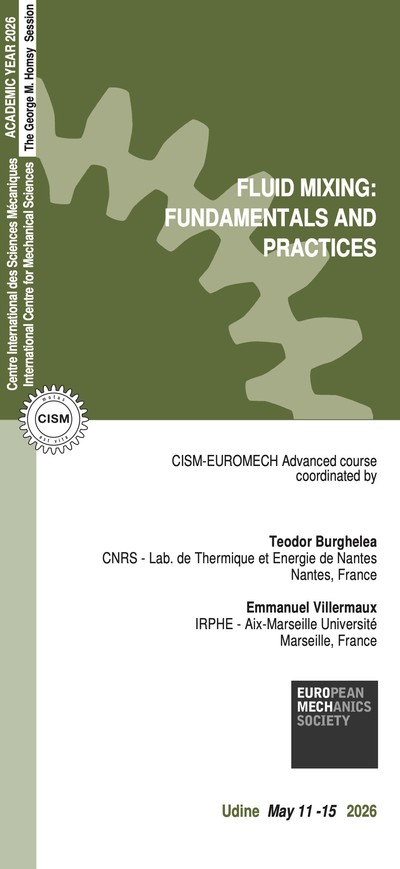The Workshop Military Presences in Northern Italy in Roman Time / Presenze militari in Italia settentrionale in epoca romana (PMIT2018-2019) will bring together experts and young scholars who deal with Roman military studies. The various disciplinary approaches adopted in the study of the Roman military themes, starting from different complementary areas of research (history, archaeology and epigraphy) will be presented and discussed during the Workshop. Military Studies are a field of research that has been receiving more attention in recent years, through a re-evaluation of the role of the army as a fundamental and unavoidable component of ancient societies, in particular the Roman one, whose importance can be appreciated in the various spheres of political, economic, social and cultural life. The refinement of investigation methods in the archaeological field, the use of computer systems, the possibility of a wider range of comparisons offer today new elements and data that allow us to deepen our historical knowledge.
The meeting will be dedicated specifically to northern Italy but there will also be some comparisons with other neighbouring realities.
SCOPE
The workshop aims to discuss the problem of the military presence in northern Italy between the Republican Age and Late Antiquity and to present at the same time the functions and the first results related to the creation of an online database dedicated to the collection and consultation of the records produced under the project "Military Presences in Northern Italy. The iconographic and epigraphic documentation", funded by the Department of Humanities and Cultural Heritage of the University of Udine. The project’s objective is to collect and make accessible in a single container the numerous data relating to monuments with iconographies or epigraphic texts from the Roman era referable to the military world and found in northern Italy. The activity of cataloguing is not limited to the collection of data concerning the presence of soldiers, but also considers the more general circulation of war themes in public contexts. Furthermore, the collected data are geo-referenced and organised by type, in order to allow a better understanding of the phenomenon and also to offer the possibility of carrying out more specific analyses for individual typological contexts or territorial areas.
The workshop will therefore be a moment of confrontation between the members of the group who are working directly on the project, and the scholars who deal with the military topics in a wider range or in other regions, in order to provide useful elements for a better interpretation of the data.
TOPICS
The workshop deals with a wide range of topics, such as the image of the soldier, the representation of weapons, the celebrative and self-representational language that is expressed through iconography and epigraphy, the elements of clothing, the figure of individual soldiers, the reasons for the presence of some military units, the military settlements, the logistical aspects and land security, the civil-military relations, etc. These are topics that are addressed through different methodological approaches, ranging from pure iconographic analysis, to the comparative study of iconographic and epigraphic apparatus, from field archaeology to the study of single material classes and to actual historical analysis.





